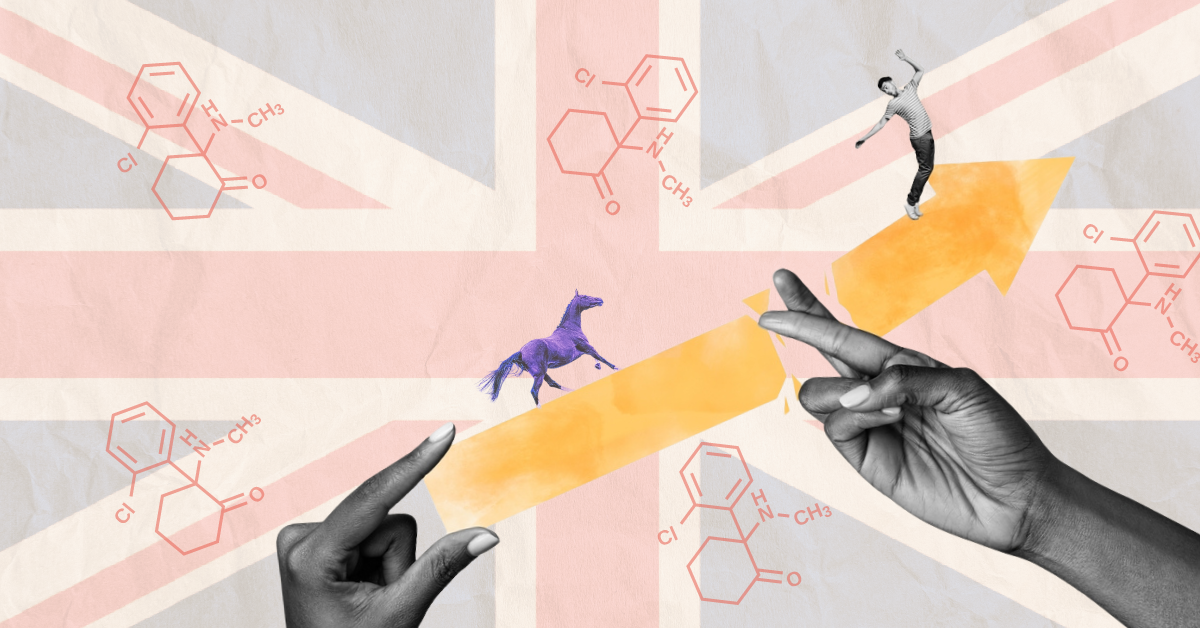Just as the 25th International AIDS Society (IAS) conference was happening in Munich in July, protestors took over the stage with banners and signs, leaving attendants wondering what Gaza had to do with a health-focused event. However, when the 15 protestors, representing organisations from around the world, spoke at the stage of the world’s largest HIV and AIDS conference, the connection became clear.
“During the conference we are talking about equity and equality. However, Palestine being mentioned only once in the context of worldwide attacks on healthcare facilities is a shame and is obviously not enough to alarm the urgency of humanitarian relief and call for a ceasefire,” Anton Yashin, one of the protest’s organisers, said on behalf of the group.
“Today we are here to break this silence.”
Pressure boiling over
The world has been broadcast live images of the destruction of Palestine by Israeli forces for the past 11 months. Prompted by a large-scale attack on Israel by the armed wing of Hamas on 7 October 2023, the most recent iteration of the Israeli occupation of Palestine has led to the targeted destruction of its health infrastructure. With now-debunked claims that hospitals were hiding entrances to tunnels used by fighters and being used to store weapons, Israel has destroyed 31 of the 36 hospitals across the Gaza Strip; the World Health Organisation (WHO) registered over 1,000 attacks on healthcare facilities across the Palestinian Occupied Territories since 7 October. Analysis by Save the Children underscored that the rate of attacks per month on healthcare in Gaza since October have been higher than in any other recent conflict globally, including in Ukraine and the Democratic Republic of Congo.
Yashin and the other protestors at the conference felt there was a disproportionate focus on condemning Russia and its violence on Ukrainian healthcare systems, while Palestine was barely acknowledged.
“We voiced our profound disappointment in the IAS for what we describe as a glaring injustice in the conference’s proceedings: the insufficient acknowledgment of the ongoing humanitarian crisis in Gaza, as compared to the numerous mentions of the war in Ukraine”, Yashin told TalkingDrugs.
Interested attendees from over 20 countries formed a pro-Palestinian protest group, which led a march through the conference’s halls, holding up placards with messages and giving speeches at the end.
While generally peaceful, Yashin told TalkingDrugs that their poster march was interrupted by a conference attendant who attempted to violently remove the microphone from one of the speakers.
The final planned action was delivered for the penultimate day of the conference. The protestors came onto the stage, reading out the group’s statement and their demands to the conference and its global community of participants. In it, they called for the IAS and conference attendants to:
- Acknowledge and sufficiently cover the crisis in Gaza through their communications, encouraging the achievement of a ceasefire
- Pressure Israel to allow for the unconditional access of humanitarian aid and international healthcare team for Palestinians in Gaza.
- Call on the IAS to acknowledge the violent incident that occurred during their protest and to condemn this attack on their freedom to express solidarity against oppression without risking violence.

International support to end violence
The speech (available here) was well received, with the audience applauding and others holding signs with supportive messages. Once the protestor’s statement was published online, may other conference attendees pledged their support for it: Yashin shared with TalkingDrugs that there are over 100 delegates from 38 countries across the globe that have signed their support for the statement.
“The IAS considers freedom of expression and peaceful protest essential to our conferences,” Bijan Farnoudi, the Director of Communications and Public Affairs at the IAS, told TalkingDrugs.
“We are deeply concerned about the impact of the escalating humanitarian crisis amid the Israel-Hamas conflict and urgently call for the protection of healthcare facilities and workers. Where facilities have already been destroyed, rebuilding them to enable the resumption of health services is of utmost urgency,” Farnoudi added.
Yashin shared that they are now in communications with the Conference Director of IAS to receive formal feedback from their statement. At the time of publication, the IAS have not responded to questions about the violent incident referred to in the speech.
EDIT: Corrected the article to confirm that the protestor’s speech was delivered on Thursday, not the final day of the conference.


